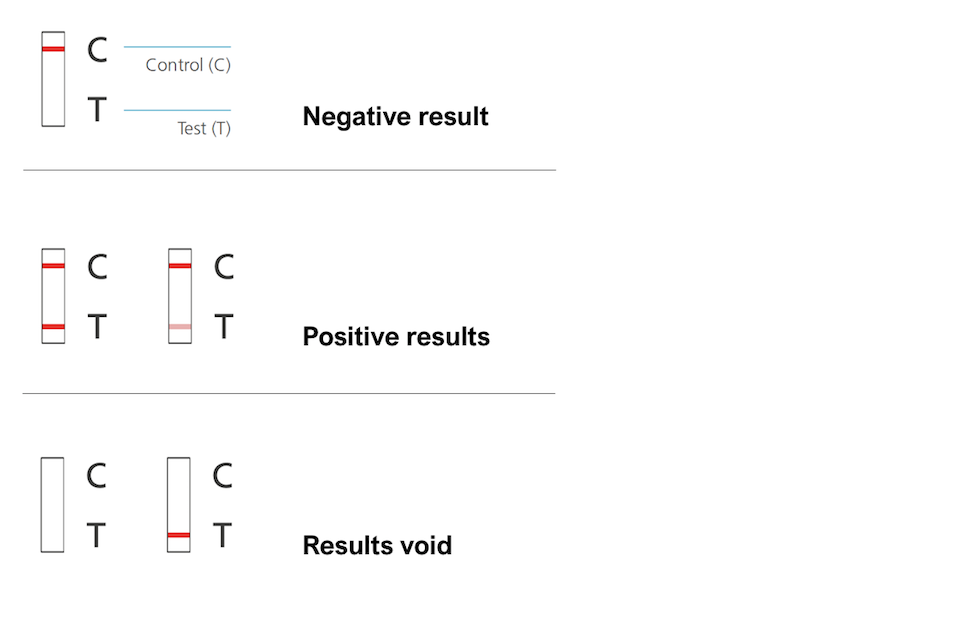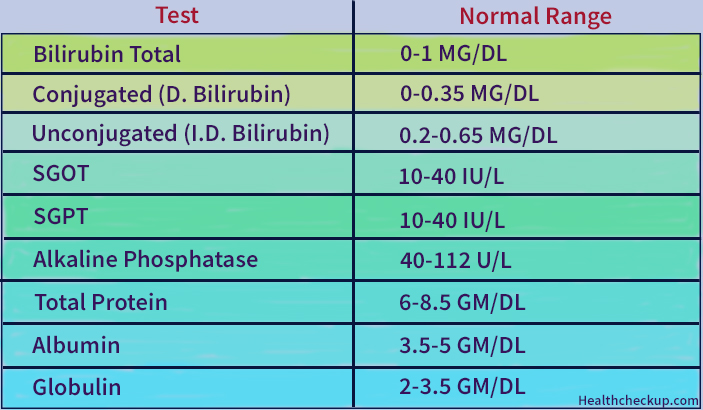

Malnutrition may also cause low protein levels, but so can the presence of liver cirrhosis. Sometimes specific cancers may also spike protein levels. High blood cholesterol levels or the presence of an iron deficiency will increase this protein. There are two very common reasons why protein results will be high on this portion of the test. A severe liver disease may also cause it, as well as hemolysis. The most common reason for a low result of this protein is the presence of malnutrition. Severe acute inflammation may also cause it in some individuals. The presence of kidney disease and ongoing inflammation will produce high levels of this protein. Some people may also have a genetic form of emphysema that causes low levels. If there are abnormally low results for this protein, then it is typically an indication of the presence of severe liver disease. If someone is suffering from chronic or acute inflammation, then it may produce a high result for this protein. It may also occur during instances of malnutrition, liver disease, kidney disease, or if the body is losing proteins for some reason. The most common reason for low albumin levels is a pregnancy or an inflammatory condition. Persistently high levels of albumin may be an indication of diuretic abuse.
:max_bytes(150000):strip_icc()/senior-man-having-a-blood-test-done-by-a-nurse-1213586454-581c058b14cb4bbeb59d0ec0073f4c13.jpg)
This is an indication that someone is dehydrated. Here are the 5 different proteins and what the blood test results mean for each of them.

Abnormal results of one protein will result in an overall abnormal blood test in this instance. The immunofixation blood test will measure 5 different types of proteins and each one may have a high, normal, or low result reported. There Are 5 Proteins That Are Measured With This Test In essence, proteins help to control the metabolic functions of the human body. They also help to remove toxins that may be in the body and will transport nutrients to where they need to be. Proteins help to provide defenses against foreign bodies. Identifying protein levels in the blood is important because they have many jobs that are assigned to them every day. It may also identify whether or not regular proteins are at abnormally high or low levels in the blood for some reason. The process of this test, which is called “electrophoresis,” is also used to determine if there are normal proteins that should be present, but are not. The immunofixation blood test is used as a way to identify the presence of abnormal proteins.


 0 kommentar(er)
0 kommentar(er)
